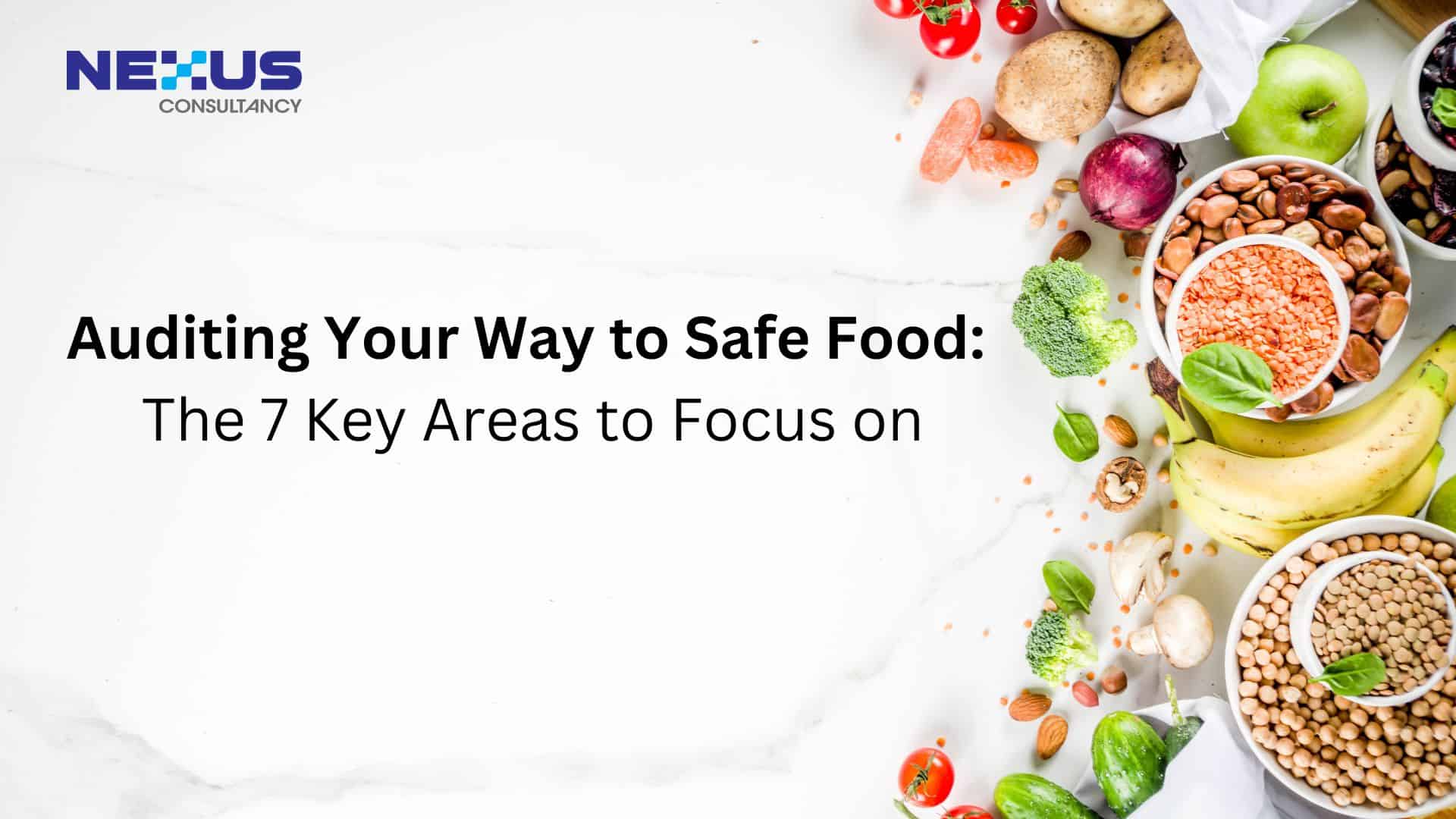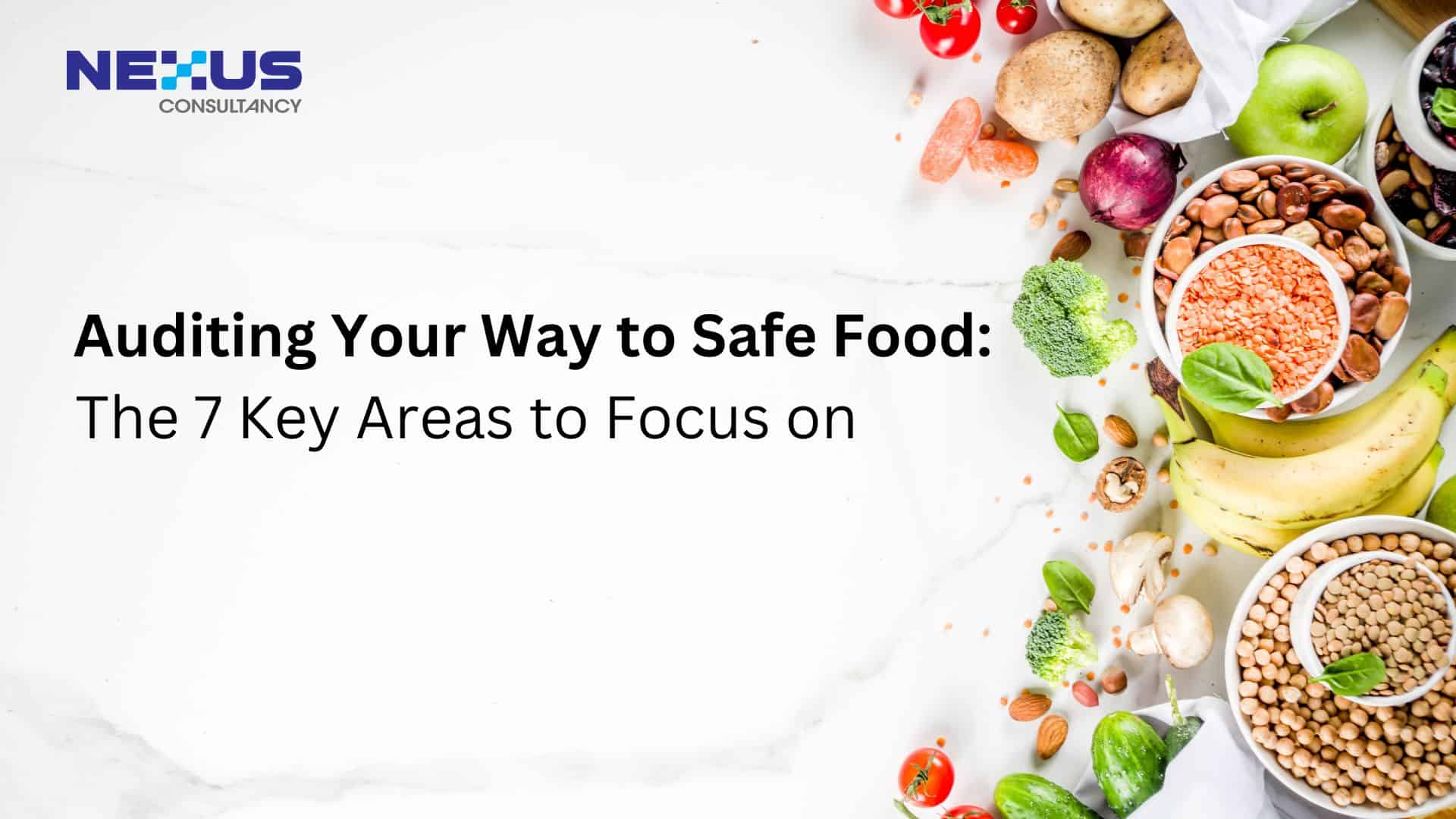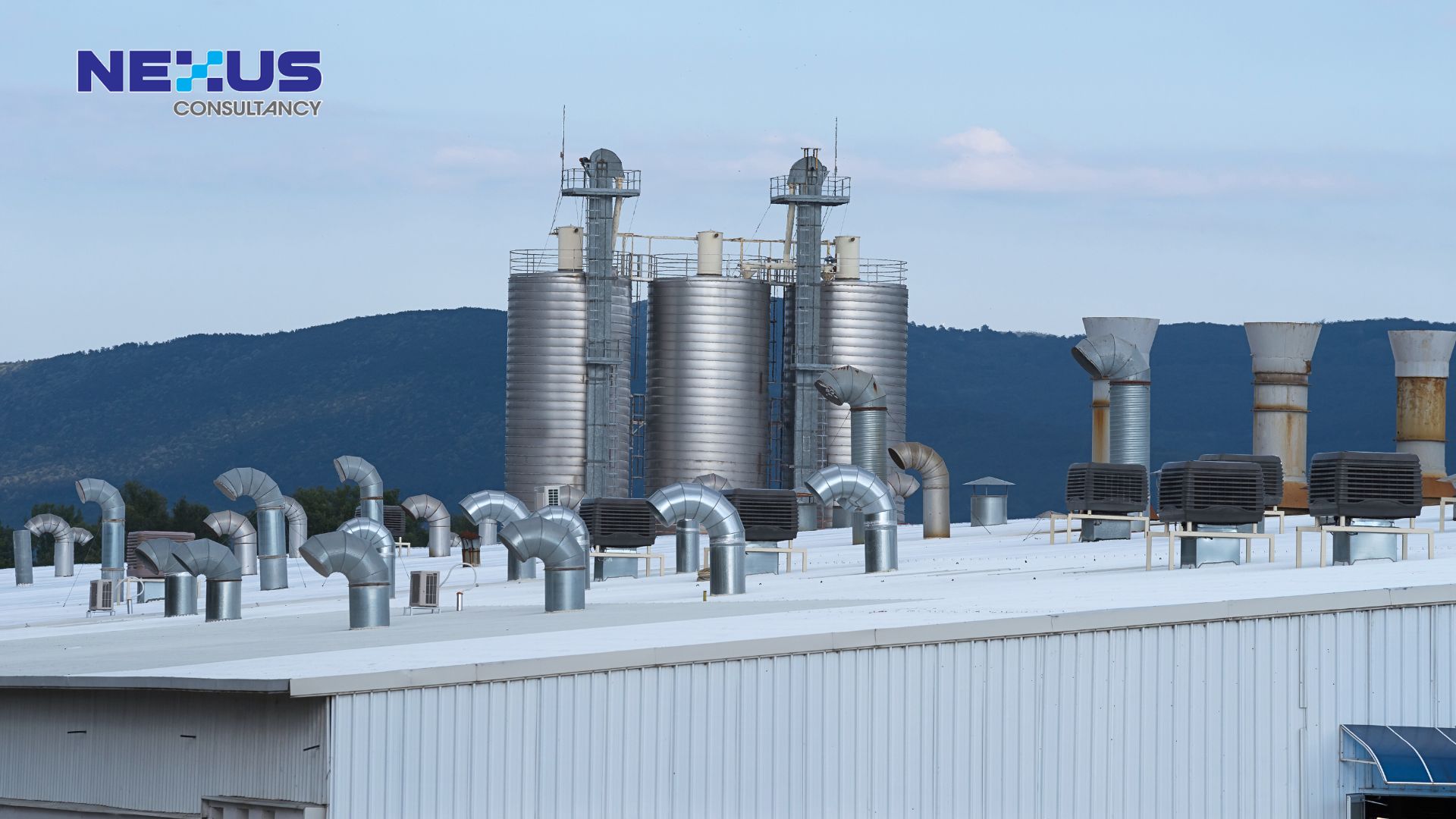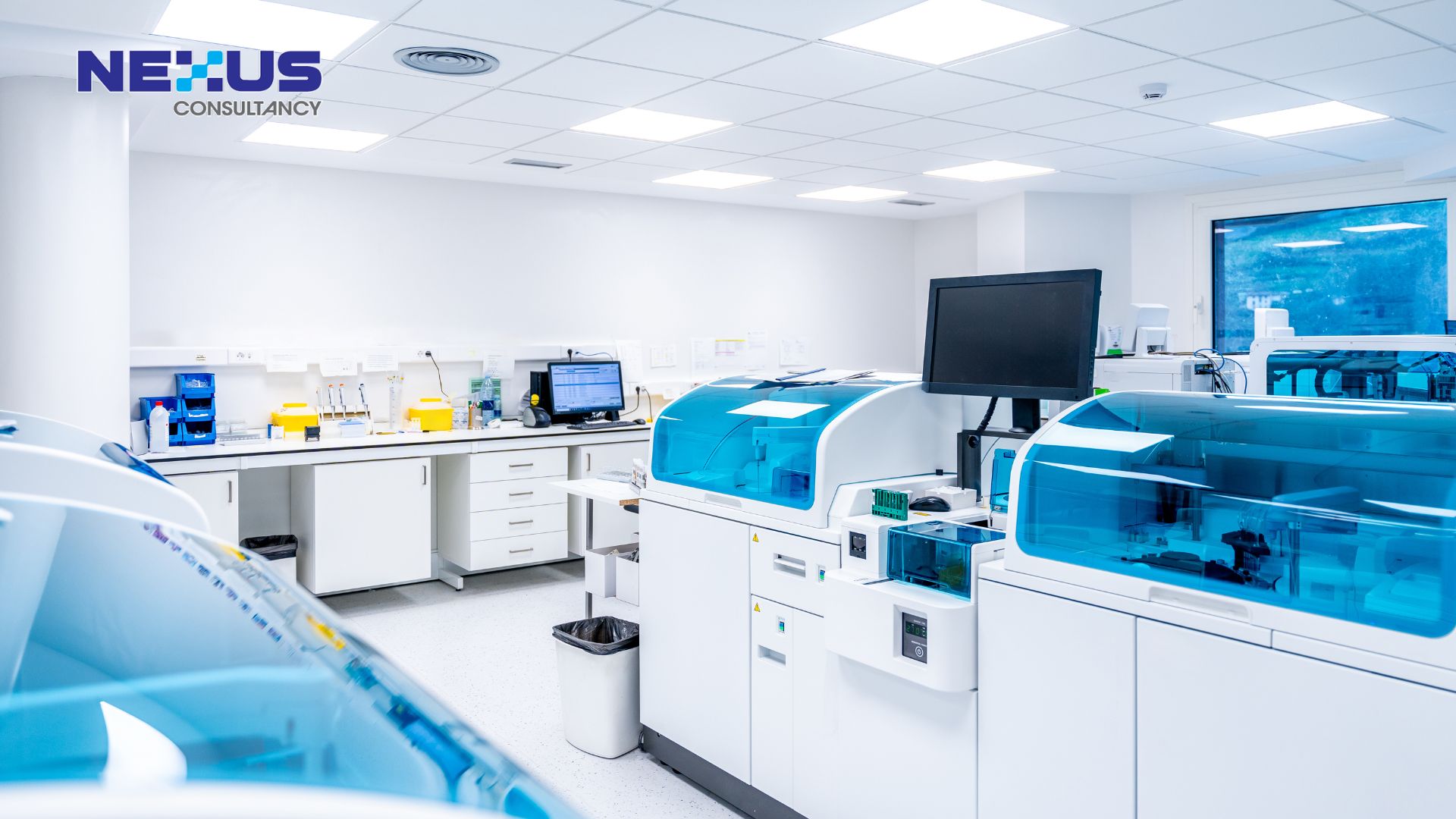
Danielle Tan
Chief Operating Officer
Food safety is a critical concern for any organization operating in the food industry. To ensure that food products are safe for consumption, many organizations implement a Food Safety Management System based on internationally recognized standards such as ISO 22000 or the Hazard Analysis and Critical Control Points (HACCP) system.
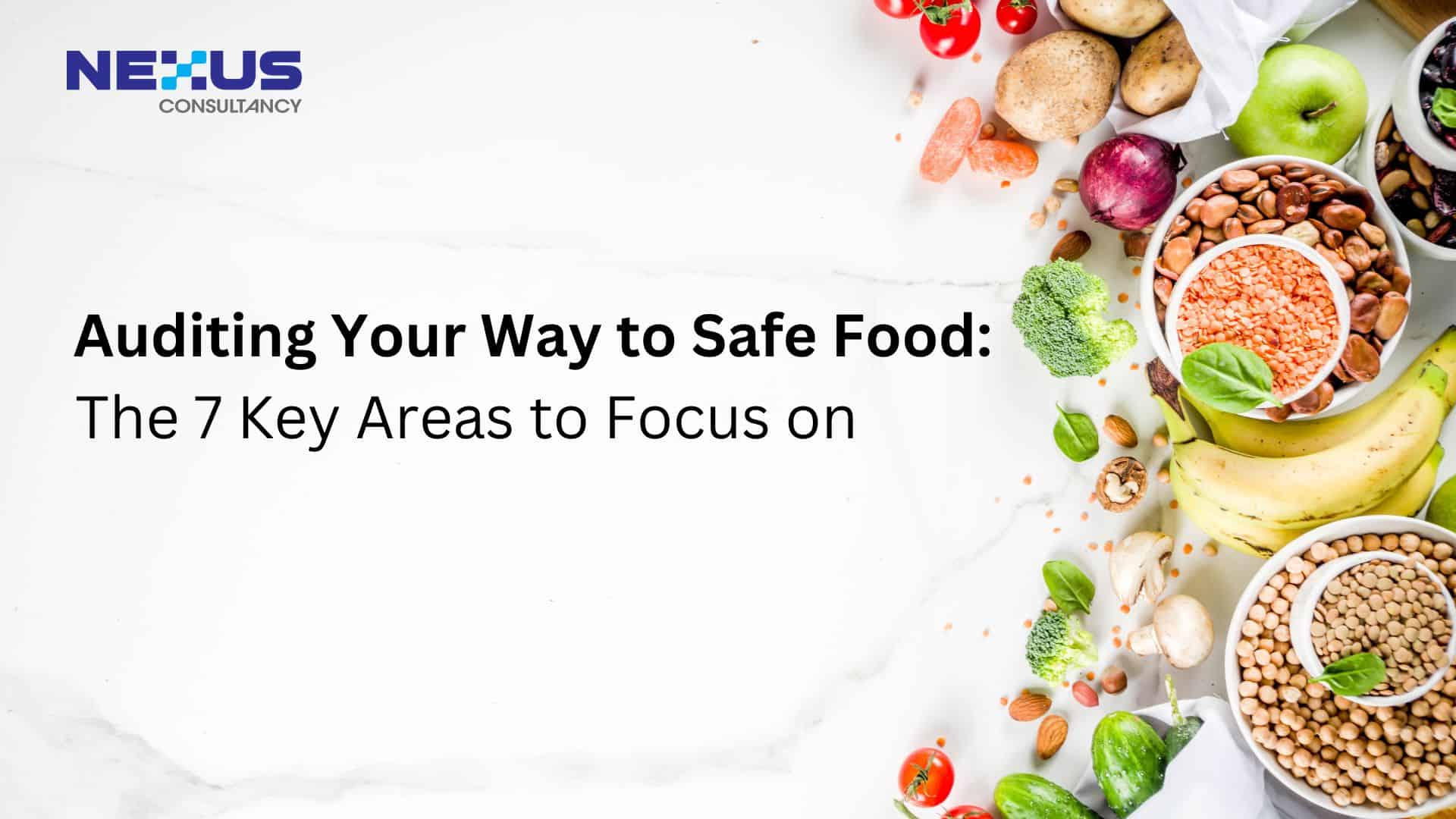
To ensure the effectiveness of a Food Safety Management System, regular audits are necessary. Auditing a Food Safety Management System involves assessing the system’s compliance with established standards, identifying weaknesses and areas for improvement, and verifying the effectiveness of control measures in managing food safety hazards.
The Standard
| FSSC 22000 version 5.1 ISO 22000:2018 |
8.8.1 Verification (ISO 22000) 9.2 Internal Audit (ISO 22000) 2.5.12 Site Inspections (FSSC 22000) |
|---|---|
| CODEX HACCP 2020 |
3.11.2 Verification Procedures |
| MS 1480:2019 |
6.3.7.4 Internal Audit |
| BRCGS Food Safety Issue 9 |
3.2.1 Records 3.4.1 Internal Audit Program 3.4.2 Training and Independence 3.4.4 Documented Inspections. 7.2.1 Personal Hygiene |
In this article, we will discuss what to focus during internal audit of a food safety management system. Here are the seven key areas to audit:
#1. Hazard Analysis
Hazard analysis is the process of identifying and evaluating potential hazards associated with food production, processing, storage, and distribution. Auditing this aspect of the Food Safety Management System involves reviewing the hazard analysis plan to ensure that all potential hazards have been identified, and the control measures are in place to manage them effectively.

#2. Prerequisite Programs (PRPs)
Prerequisite programs are the procedures, practices, and protocols that ensure the production environment is clean and hygienic, the personnel handling food are trained, and equipment is maintained and calibrated to prevent contamination. Auditing PRPs involves verifying their implementation, effectiveness, and documentation.
#3. Critical Control Points (CCPs)
Critical control points are the points in the food production process where control measures are applied to prevent, eliminate or reduce the risk of hazards. Auditing CCPs involves verifying their implementation, monitoring, and effectiveness.

#4. Documentation
Documentation is a critical aspect of the FSMS. It ensures that all procedures, processes, and protocols are clearly defined and followed. Auditing documentation involves verifying that it is complete, accurate, up-to-date, and accessible to relevant personnel.
#5. Training and Competence
Personnel training and competence are essential to ensure that food safety procedures are followed correctly. Auditing personnel training involves reviewing training records to ensure that all personnel are appropriately trained and competent in their roles.

#6. Management Review
Management review is a periodic evaluation of the Food Safety Management System’s effectiveness and identifies areas for improvement. Auditing management review involves verifying that it is conducted as required and that appropriate actions are taken to address identified issues.
#7. Verification and Validation
Verification and validation are critical aspects of the Food Safety Management System. Verification ensures that the control measures are functioning correctly, while validation ensures that they are effective in managing identified hazards. Auditing verification and validation involves reviewing records to ensure that these activities are conducted as required.
Conclusion
In conclusion, auditing a Food Safety Management System involves assessing the system’s compliance with established standards, identifying weaknesses and areas for improvement, and verifying the effectiveness of control measures in managing food safety hazards. By focusing on hazard analysis, operational prerequisite programs, critical control points, documentation, personnel training and competence, management review, and verification and validation, an audit can help an organization ensure that its Food Safety Management System is effective and promoting food safety.
Internal Audit Training
Training your internal auditors is super important when it comes to maintaining your Food Safety Management System. Not only does it help them learn the ins and outs of conducting effective audits, but it also helps ensure that your organization is following all the rules and regulations.
Training your auditors helps keep them in the loop on the latest industry practices and techniques, so they can identify potential issues and take action to fix them. This enables them to perform value-added internal audits and focus on what really matters in your Food Safety Management System.
We recommend the following training courses:
List:
MS 1480:2019 HACCP FSMS Internal Audit Training 8-9 Aug 2023, 28-29 Nov 2023
FSSC 22000 V5.1 Internal Audit Training 22-23 Jul 2023
ISO 22000 FSMS Internal Audit Training 13-14 Jun 2023, 19-20 Sep 2023, 21-22 Nov 2023
ISO 9001:2015 QMS Internal Audit Training 26-27 Jun 2023, 26-27 Sep 2023, 5-6 Dec 2023
ISO 14001:2015 EMS Internal Audit Training 15-16 Aug 2023, 7-8 Dec 2023
ISO 45001:2018 OHSMS Internal Audit Training 12-13 Sep 2023, 12-13 Dec 2023
To learn more about food safety culture, contact us to know more

